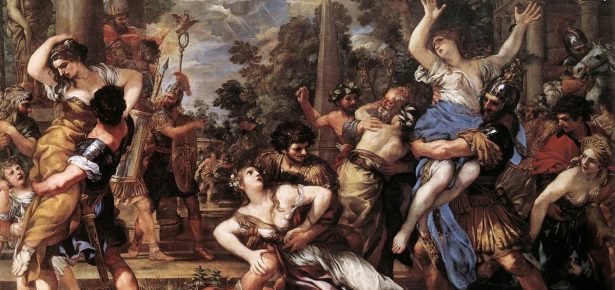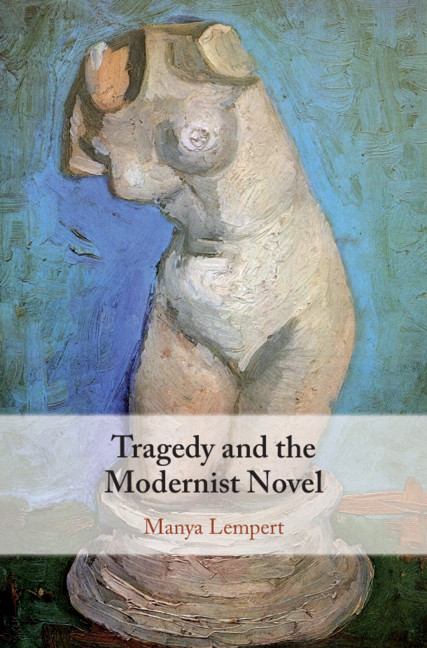
Tragedy exposes these lies. I argue in my book that modern writers like Thomas Hardy, Virginia Woolf, Albert Camus, and Samuel Beckett thought of Greek tragedy in this way – as a breaker of silences. These twentieth-century novelists found fifth-century BCE tragic playwrights to be kindred spirits, showing them the way.
These writers, I think, were not protesting that Classical texts evidence the preeminence of European art and culture. On the contrary, they touted Greek tragedy’s heathen, seditious otherness. Tragedy afforded Camus, for instance, a way to condemn European colonialism. In his fiction, he showed that avaricious, pernicious ways of life produce anguish and terror globally, including among empire’s beneficiaries.
So my book is about writers’ contestation of prevailing cultural narratives, those in which lofty rhetoric disguises vicious ends and means and sufferers are said to get what they deserve. In the belly of the beast, these tragic novelists shed light on the beast’s operations and carnage. Tragedy could disclose victimized protagonists’ yearning to throw off oppressive conditions. No wonder there was such a flowering of postcolonial tragedy, too – because tragedy, as these writers showed, can expose the workings of injurious power.
These writers saw that the novel was not obliged to champion imperialism – to cast assimilation to bourgeois values as a happy ending. Instead, a tragic novel could be a rallying cry. “Must this inveterate sexism and classism stand?” cry the novels of Thomas Hardy. “Must we pretend that mortality, in war, in illness, in general, can be rationalized?” cry the novels of Virginia Woolf. “Must we blame a ‘fallen’ nature for our suffering?” cry the novels of Samuel Beckett. Must we subscribe to these beliefs, and if we do not, be exiled from the species? The self-proclaimed apex of civilization (imperial Europe), they registered, was a crucible for tragedy, a source of indefensible losses.
Their own tragic fiction laid bare the demonization and extirpation of divergent voices. Their writing did not glamorize death; it lamented undeserved fatalities. It highlighted the acts of resistance that so often precede and occasion repressive violence. Their writing showed the brutality of the ruling order, economic and cultural, and the extent and senselessness of its body count.
Via tragedy, they acknowledged people’s vulnerabilities – inborn and manufactured. In these authors’ hands, tragedy was a refusal to carry water for pain and injustice. Instead, tragedy depicted cataclysms and their perilous aftermaths, when social disintegration loomed large. Tragedy paired life-negating circumstances with small, life-affirming revolts, glimpses of something better. It exposed apocalyptic norms and inclined audiences to imagine life otherwise.
If you would like to read more about the arguments and stakes of the book, please see my conversation with Classicist Arum Park, over at the Society for Classical Studies blog.

Latest Comments
Have your say!